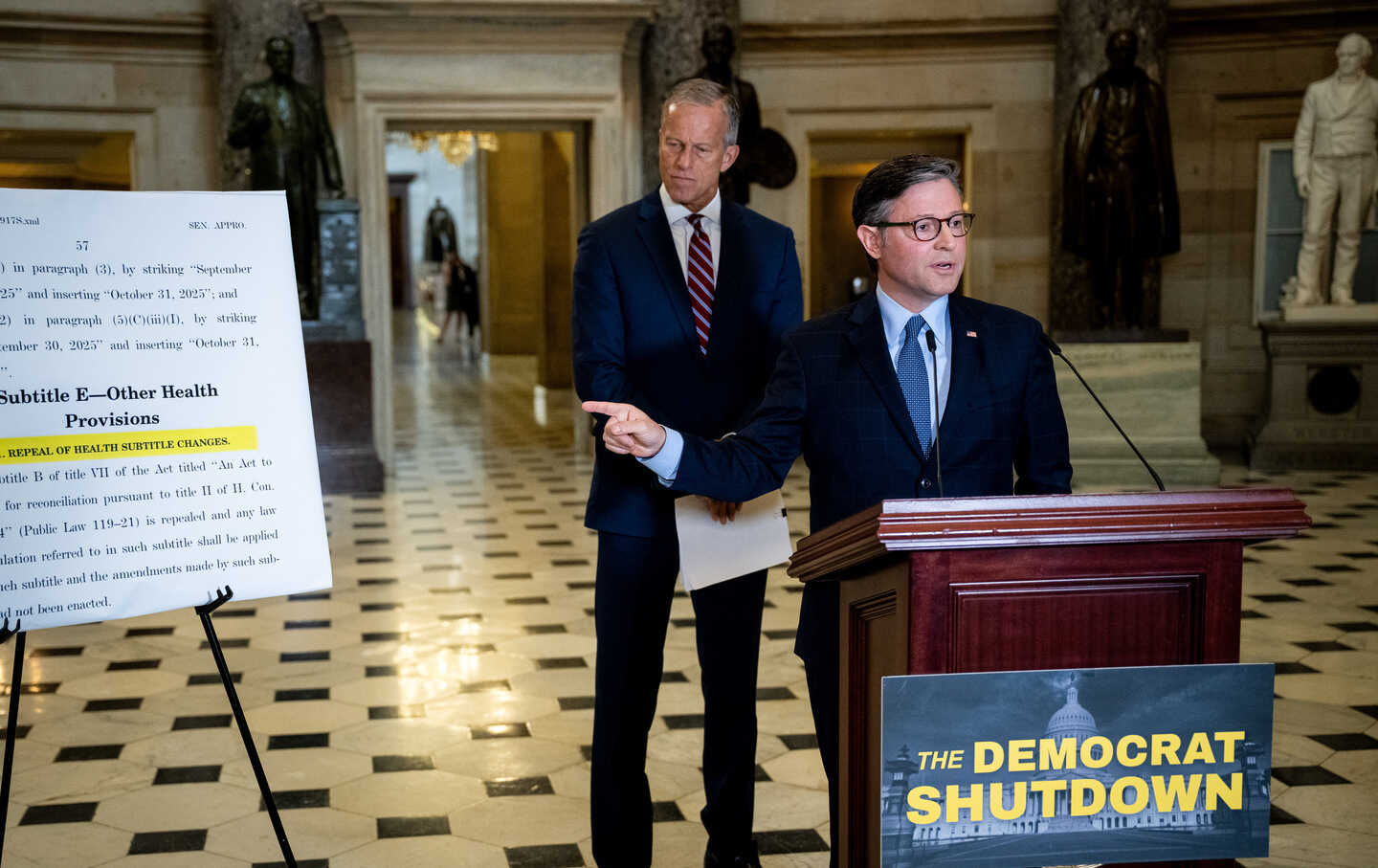
As the nation braces for yet another government shutdown, the political ramifications are profound and complex. Donald Trump’s actions have once again thrust the country into a state of uncertainty, and discussions among political analysts are intensifying around the implications of this crisis. In a recent conversation with Chris Lehmann, a fellow journalist, we explored the evolving narrative surrounding the shutdown, particularly focusing on Trump’s rhetoric and the response from the Democratic Party.
Trump’s rhetoric has shifted dramatically over time. Initially, he employed harmful and misleading claims regarding undocumented immigrants, suggesting they were receiving unwarranted government benefits. This narrative served to inflame racial tensions and galvanize his base. However, as the shutdown looms, Trump seems to revel in the austerity measures that accompany such fiscal crises, framing them as necessary sacrifices for the greater good. This shift raises questions about his true motivations and the long-term impact on his supporters.
The Democratic Party’s response to this crisis has also undergone significant evolution. In the past, party leaders often appeared hesitant to take a strong stand against Republican maneuvers, fearing political backlash or alienation of moderate voters. However, the current climate has forced a reckoning within the party. Grassroots movements and a more progressive base have pushed leadership to adopt a more assertive stance against Republican obstructionism. This shift is indicative of a broader trend within the party, as activists demand accountability and a clearer vision for social and economic justice.
The interplay between Trump’s divisive rhetoric and the Democratic Party’s evolving strategies is crucial to understanding the broader political landscape. As the shutdown continues, the stakes are high—not only for policy outcomes but also for the future direction of both major parties. The Democratic leadership must navigate these turbulent waters carefully, balancing the needs of their base with the realities of governance.
In the face of this crisis, it is essential for voters to remain engaged and informed. The actions taken—or not taken—by their elected officials during this shutdown will have lasting repercussions on public trust and party loyalty. As citizens, we must hold our leaders accountable and advocate for a political discourse that prioritizes the welfare of all Americans over political posturing.
For a more detailed examination of the implications of the government shutdown, Chris Lehmann’s article provides valuable insights and analysis. It’s crucial for us to remain vigilant and active in our democratic processes, ensuring that our voices are heard amid the noise of political maneuvering.


